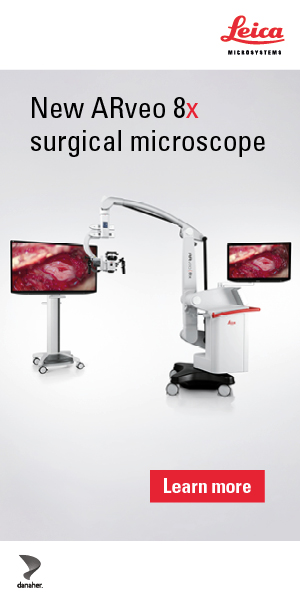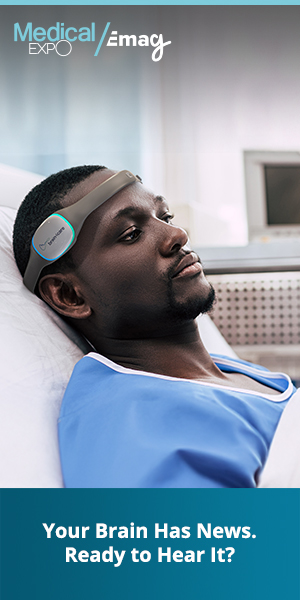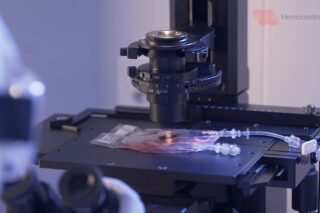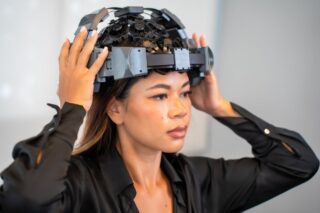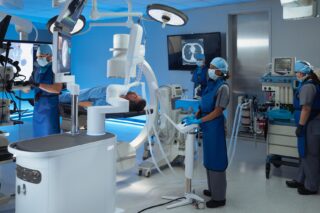VivaTech 2025 showcased a wave of clinically relevant health technologies—from AI-powered diagnostics and preventive screening tools to advanced neuroprosthetics.
The 2025 edition of Viva Technology, held in Paris last June, showcased several applied health technologies with implications for clinical diagnostics, preventive care, and assistive medicine. While the event spans multiple sectors, this year’s emphasis on AI, robotics, and medical device innovation reflected a growing alignment between digital technologies and healthcare delivery.
Several emerging companies presented devices and platforms aimed at improving diagnostic accuracy, reducing healthcare costs, and supporting clinical workflows. Below is an overview of the most relevant innovations for the healthcare sector.
AI-Enhanced Diagnostic Tools
Multiple exhibitors demonstrated diagnostic platforms powered by artificial intelligence. Among the most clinically relevant was SkinMed (France), in partnership with Anapix Medical, which unveiled a pharmacy-deployable tool for skin cancer screening. The solution uses imaging and machine learning to assist early detection of melanoma and other skin lesions, potentially reducing time to referral.
Evelab Insight (Singapore) presented a dermatological analysis system capable of measuring 42 facial dimensions using a database of 10 million images. Although initially developed for cosmetic dermatology, the underlying AI platform has potential applications in dermatologic assessment and remote patient monitoring.
In the mental health space, Emobot (France) introduced an AI tool capable of detecting depressive and bipolar symptoms through facial analysis. Designed for use in elder care and outpatient settings, the system offers an unobtrusive method for longitudinal mood tracking and triage.

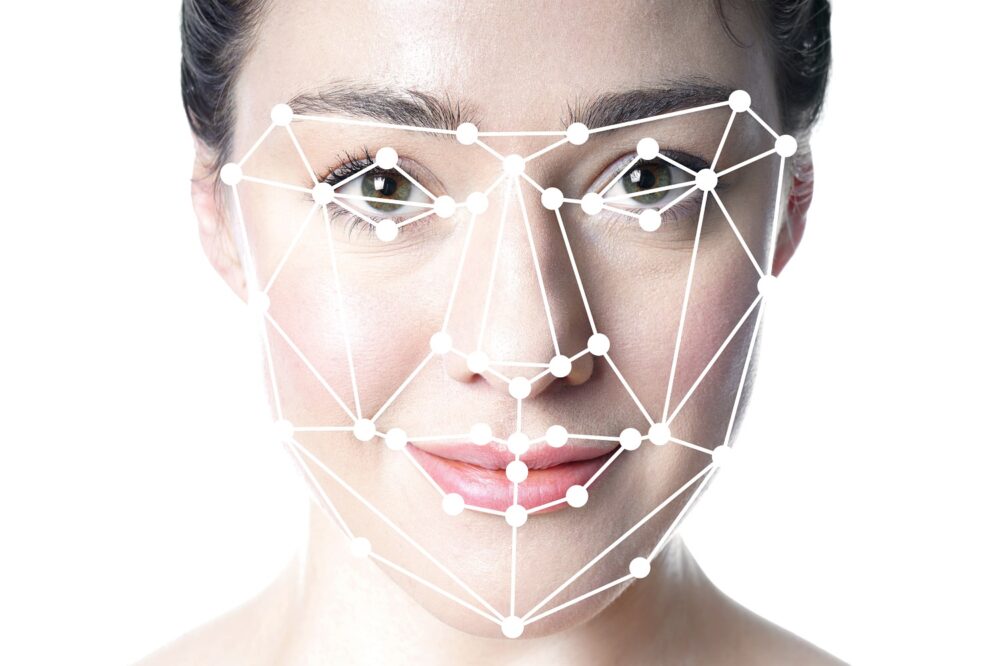
Preventive Screening and Health Monitoring
The shift toward preventive care was underscored by technologies aiming to support early-stage detection outside of traditional care settings. Bodyo (France) presented a self-service medical station that captures blood pressure, ECG, blood glucose, and lipid profiles. Designed for deployment in pharmacies, corporate settings, or underserved regions, the platform seeks to lower healthcare costs by addressing risk factors before disease progression.
Reveal AI (Canada) was a finalist in VivaTech’s Tech for Change Awards for its intraoperative visualization platform. The system provides surgeons with real-time, submillimeter-accurate identification of infiltrative cancer cells, potentially improving surgical margins and reducing recurrence rates.
In medication adherence, Strapplife showcased “Sticare,” a wearable sticker system designed for elderly patients. It delivers discrete reminders to take medication, addressing a persistent issue in geriatric pharmacotherapy.
Assistive Devices and Neurotechnology
Assistive technologies also featured prominently. Mand.ro (South Korea) demonstrated a robotic prosthetic hand controllable via sensors embedded in rings or bracelets—eliminating the need for invasive interfaces. The prosthesis offers significant promise in upper-limb amputation rehabilitation.
Ashirase (Japan) introduced a wearable navigation device for visually impaired individuals. Attached to the user’s shoe, it provides spatial guidance through vibratory signals, potentially improving independent mobility.
Canada’s AAVAA presented non-invasive neural interfaces that translate bioelectric signals into device control. These technologies may be applicable in severe motor impairment and offer a pathway toward intuitive, hands-free communication interfaces.
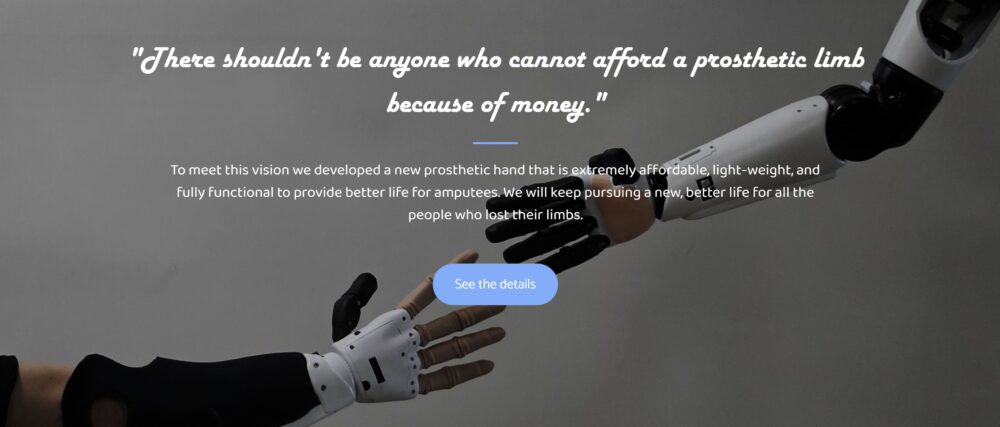
Canada’s Strategic Role in Medical AI
As VivaTech’s Country of the Year, Canada was recognized for its national commitment to responsible AI deployment. Several Canadian entities exhibited health-focused technologies. Mila, a Montreal-based AI research institute, continues to influence AI ethics and clinical application standards globally.
Cohere, a developer of foundational language models (LLMs), is working on solutions with potential relevance to clinical decision support and documentation automation. Trusting Pixels focuses on detecting manipulated visual content, which may have applications in health communications and combating misinformation.
BrainBox AI applies deep learning to optimize HVAC systems in healthcare infrastructure, contributing to environmental sustainability goals. Meanwhile, Medeloop leverages autonomous AI agents to accelerate medical research workflows, enabling smaller institutions to conduct studies with reduced overhead.
The technologies presented at VivaTech 2025 reflect an industry shift toward scalable, preventive, and AI-assisted healthcare solutions. The applications span from early diagnosis and surgical assistance to medication adherence and accessibility. For healthcare providers, these developments offer new tools to enhance patient outcomes while potentially reducing system costs. Ongoing evaluation and clinical validation will determine the readiness of these innovations for integration into standard care pathways.


